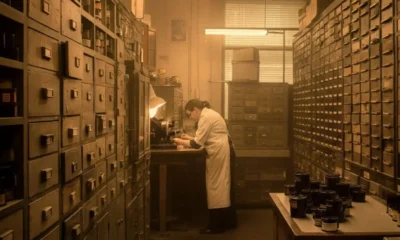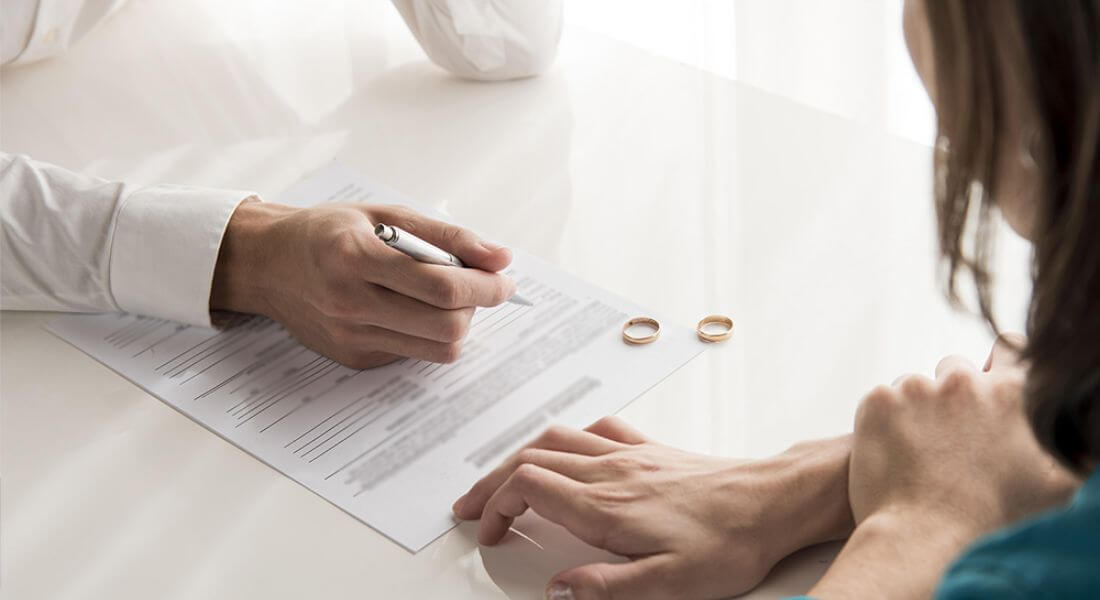





















Testosterone propionate is one of the most popular anabolic steroids favored by bodybuilders, athletes, and individuals looking to enhance their physical performance, recovery, and overall testosterone...


Soccer is more than just a sport; it is a passion that unites fans worldwide. One of the most celebrated players of all time is Cristiano...


Farming has always played a significant role in Native American culture. Animated Mississippian Maize captures this rich history in a visually engaging way. It showcases how...

Kitchen decor plays a vital role in setting the mood of your home, and Gangnam Style kitchen valances bring a trendy and sophisticated look. These valances...


Managing thick vegetation and thorny brush requires a powerful tool. The Severe Duty Brush Cutter 06488 is designed to handle dense overgrowth, making land clearing easier...

Key Takeaways Why is WBN only black and white? The artistic choice adds a classic and nostalgic feel. Black and white visuals create a unique cinematic...


For many photography enthusiasts, shooting on 35mm film offers a nostalgic, tactile experience that digital can’t replicate. Whether you’re a professional photographer or simply dabbling in...


Planning a wedding is an exciting yet challenging venture, with countless details to consider—and hiring a wedding photographer often tops the to-do list. If you’re tying...

Key Takeaways The Vienna Facebook divorce blogger offers guidance through real-life stories. Learn about navigating divorce with practical advice and emotional support. Gain insights into healing...

Key Takeaways The Spring Ferraz A-102914 Right is a durable, high-performance component. It ensures reliability in industrial machinery. Its versatile applications make it essential in various...